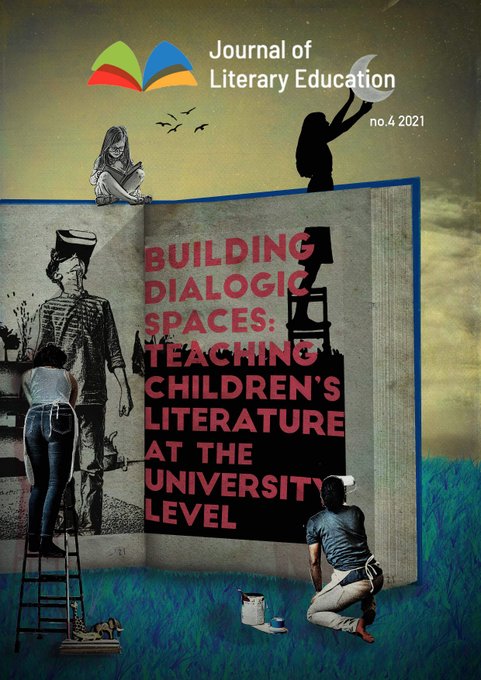“I Don’t Really Have a Reason to Read Children’s Literature”: Enquiring into Primary Student Teachers’ Knowledge of Children’s Literature
DOI:
https://doi.org/10.7203/JLE.4.21060 Abstract
Abstract
Research into in-service teachers’ knowledge of children’s literature indicates there is a powerfully symbiotic relationship between teachers’ perceptions and projections of themselves as readers and students’ engagement with reading as a pleasurable activity (Commeyras et al., 2003; Cremin et al 2014). Less is known about pre-service teachers’ knowledge of children’s literature or their attitudes towards reading and the Scottish context is unexplored in this regard. Inspired by and aligned with the work of Cremin et al. (2008) with in-service primary teachers in England, this project investigated the personal reading habits of more than 150 student teachers over a two-year period by capturing snapshots of their knowledge of children’s literature and perceptions of themselves as not only readers, but as readers of children’s literature, at various stages of their initial teacher education. Framed by understandings of literacy practices as socially and locally constructed (Barton & Hamilton, 1998) and of literate identities as fluid, contingent and plural (Moje et al., 2009), this paper also outlines how project findings linked to knowledge of texts for children and reader identity have informed the teaching and learning of children’s literature at university level.
 Downloads
Downloads
Downloads
Published
-
Abstract833
-
(Español)1
-
PDF468
Issue
Section
License
![]()
This work is licensed under a Creative Commons Attribution-NonCommercial-NoDerivatives 4.0 International License.
Authors who publish with this journal agree to the following terms: Authors retain copyright and grant the journal right of first publication with the work simultaneously licensed under a Creative Commons Attribution License that allows others to share the work with an acknowledgement of the work's authorship and initial publication in this journal. Authors are able to enter into separate, additional contractual arrangements for the non-exclusive distribution of the journal's published version of the work (e.g., post it to an institutional repository or publish it in a book), with an acknowledgement of its initial publication in this journal. Authors are permitted and encouraged to post their work online (e.g., in institutional repositories or on their website) prior to and during the submission process, as it can lead to productive exchanges, as well as earlier and greater citation of published work (See The Effect of Open Access).



